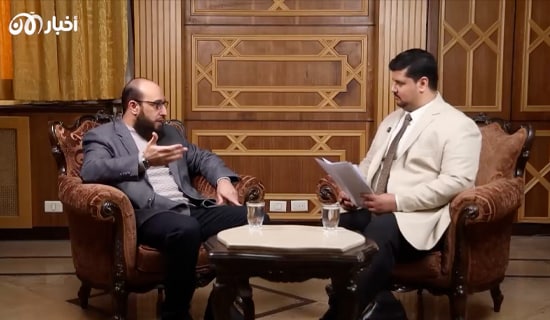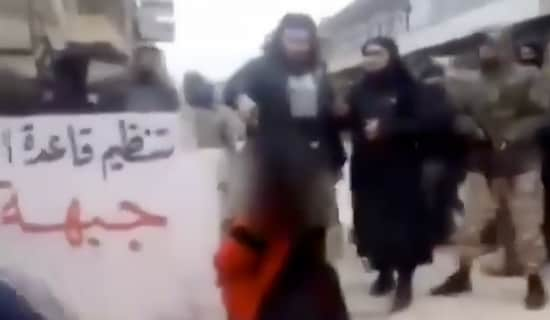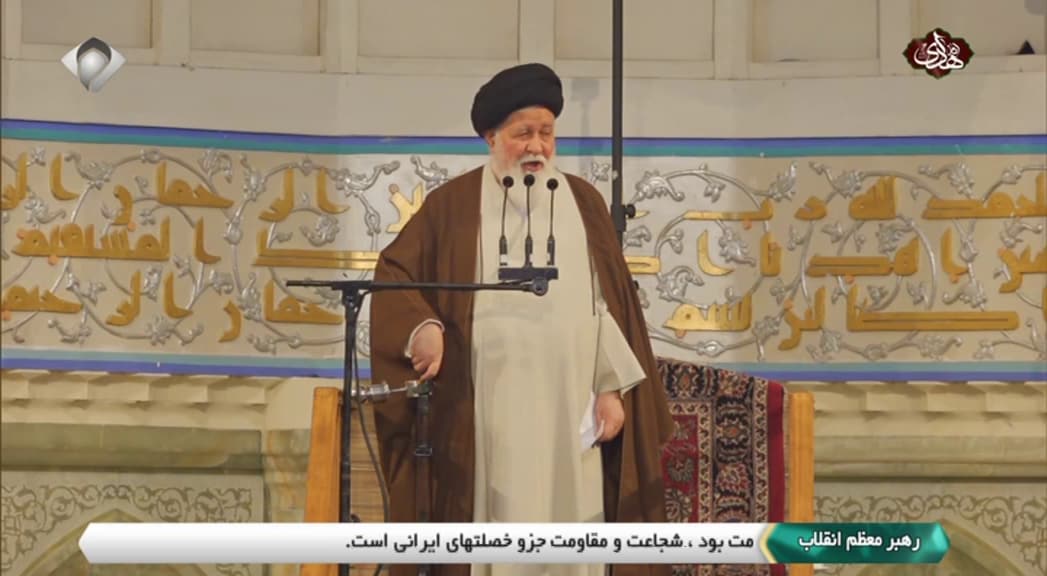
Following are excerpts from an interview with Iranian Nobel Prize laureate Shirin Ebadi, which aired on BBC Arabic on August 25, 2008.
Shirin Ebadi: As you know, Iranian citizens are not free to vote for whoever they want. They can only vote for candidates approved by the Guardian Council. The Council disqualifies anyone who criticizes the government politically. Under such circumstances, it is hard to say that the elections are free and fair.
[...]
When we examine our neighboring countries in the Middle East, we see that some of them do not have a parliament. All they have are councils, which are composed of emirs who merely serve as advisors to the sheiks and kings who rule these countries. If we compare the Iranian parliament to those councils, it is clear that it is much more advanced, and that a better form of democracy is implemented in Iran. What is important, however, is that this Iranian democracy does not rise to the level to which the people aspires.
[...]
Interviewer: You called upon the Iranian government to respond to the demands of the international community with regard to the nuclear dossier. Does this mean that you are calling upon Iran to halt its uranium enrichment?
Shirin Ebadi: When the Security Council issued three resolutions against Iran, calling upon the Iranian government to halt the uranium enrichment, and imposing economic sanctions on Iran, my advice was that Iran should halt its uranium enrichment, so that the Iranian people would not suffer hardships.
Interviewer: You have said that you are not afraid of a nuclear bomb in the hands of France, because France is a democracy. Does this apply to Israel as well?
Shirin Ebadi: I am against nuclear weapons in the hands of any country – whether Pakistan, Israel, or France. What I said was that if a democratic country has nuclear bombs, the people of that country will not allow the government to use them, because governments in democratic countries are subject to the inspection of the people.













